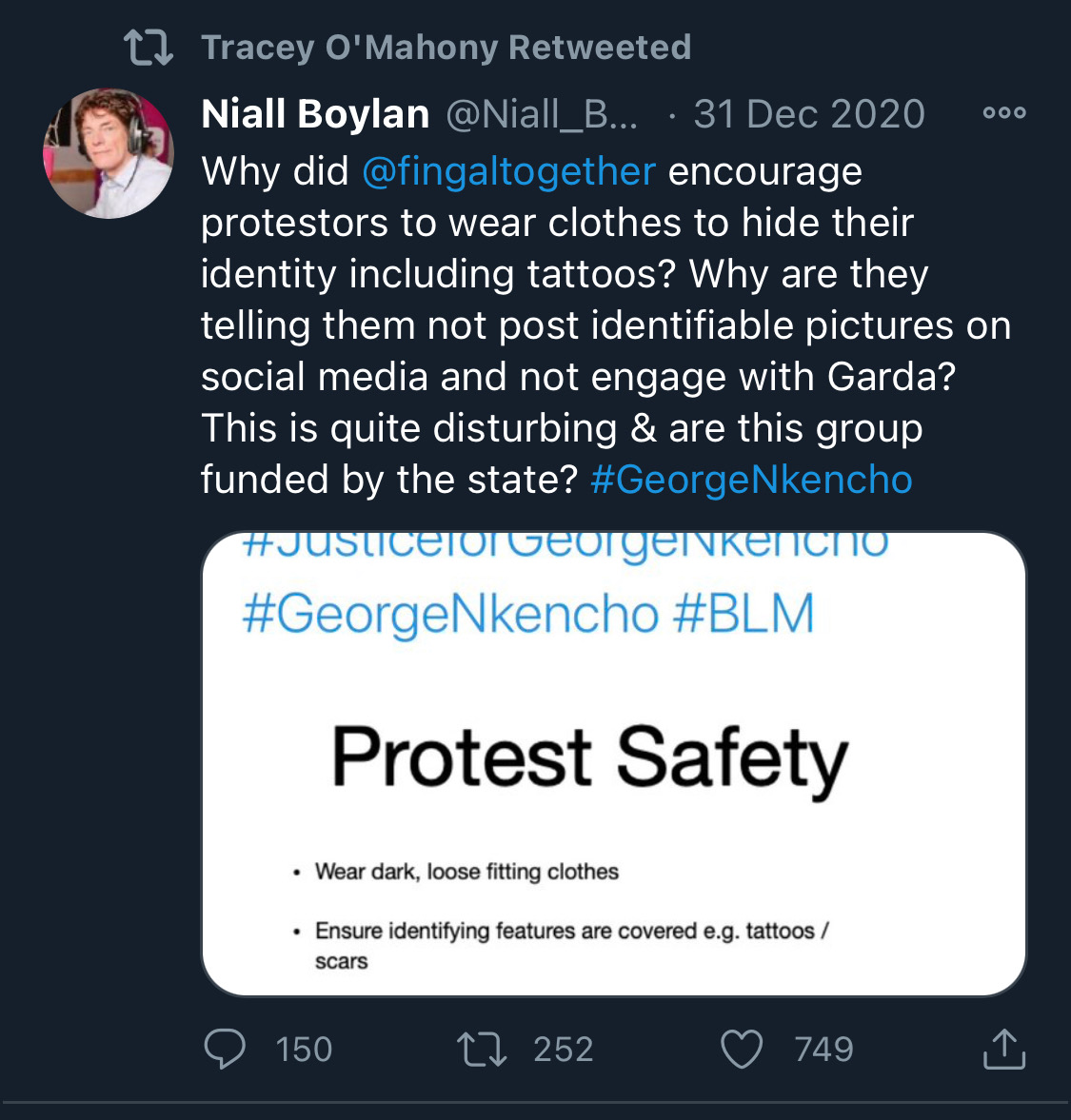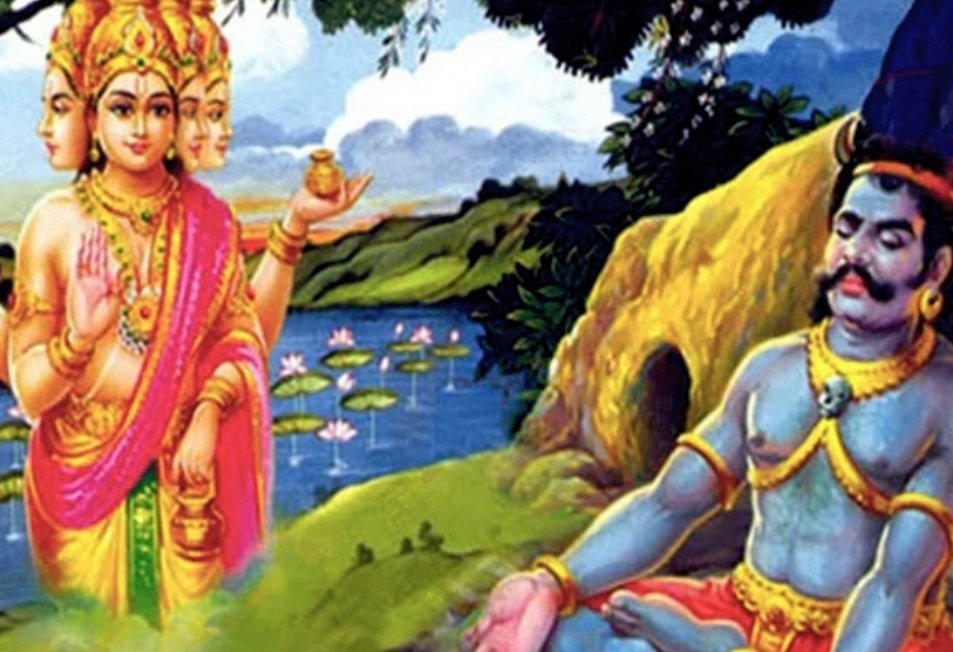I've been banging this drum for years now so do excuse Round 5,796,877 of it but the issue of smaller games only finding a relatively small audience is one the trad games press has been pointing out for a very long time now.
Partly the ad economy wages war on this sort of coverage. Partly big box spends to suck the oxygen from the room. Partly some stuff just doesn't do it for a lot of people. It's messy.
People don't just turn to writing and selling games because it's fun. It's a hope of stability for many.
The past decade has been a super obvious exercise in this.
So, you have absolutely ballsed up expectations of what games can and do sell, you have people needing cash to live and then the audience numbers.
It's rigged for gamers who get blasted with a narrow selection of what games are - and also are increasingly struggling for money themselves.
And obv, it's rigged for everyone who contributed to making a videogame happen too.
If this worked, it'd be working now because we're all busting a gut to make things happen.
There's only so much fucking around in the margins can gain.
More from Game
-39 Seconds- The implication that the PC release was of the quality standard they intended and that's extremely hard to believe. 1/many
Dear gamers,
— Cyberpunk 2077 (@CyberpunkGame) January 13, 2021
Below, you\u2019ll find CD PROJEKT\u2019s co-founder\u2019s personal explanation of what the days leading up to the launch of Cyberpunk 2077 looked like, sharing the studio\u2019s perspective on what happened with the game on old-generation consoles. pic.twitter.com/XjdCKizewq
-49 Seconds- Leadership Team is deeply sorry (not at fault), don't blame any specific teams (hold onto this one)
-1m42s- Describes a process of making the game look great on PC and then backsliding to "Old Gen" despite the game being announced before PS4/Xbox hardware was known.
-2m11s- Describes the old gen disk bandwith as "it is what it is" Considering the game got announced before those consoles even shipped, its absurd that the entire game was built so far beyond their possible constraints. Also, those consoles put out stuff like Tsushima late gen.
-2m19s- "-our testing did not show a big part of the issues
you experienced while playing the game" This is probably the worst part. Despite telling you not to blame any specific team, the test / QA team, somehow didn't discover the issues with the game.
You don't need to have worked in Dev or QA to know that the game was flying apart at every level (even on PC). The idea that the bug nightmare that ended up shipping seen for example here https://t.co/bgDkfQMVku went under the radar of a PROFESSIONAL QA TEAM is ridiculous.
You May Also Like
Further Examination of the Motif near PRRA Reveals Close Structural Similarity to the SEB Superantigen as well as Sequence Similarities to Neurotoxins and a Viral SAg.
The insertion PRRA together with 7 sequentially preceding residues & succeeding R685 (conserved in β-CoVs) form a motif, Y674QTQTNSPRRAR685, homologous to those of neurotoxins from Ophiophagus (cobra) and Bungarus genera, as well as neurotoxin-like regions from three RABV strains
(20) (Fig. 2D). We further noticed that the same segment bears close similarity to the HIV-1 glycoprotein gp120 SAg motif F164 to V174.
https://t.co/EwwJOSa8RK

In (B), the segment S680PPRAR685 including the PRRA insert and highly conserved cleavage site *R685* is shown in van der Waals representation (black labels) and nearby CDR residues of the TCRVβ domain are labeled in blue/white
https://t.co/BsY8BAIzDa

Sequence Identity %
https://t.co/BsY8BAIzDa
Y674 - QTQTNSPRRA - R685
Similar to neurotoxins from Ophiophagus (cobra) & Bungarus genera & neurotoxin-like regions from three RABV strains
T678 - NSPRRA- R685
Superantigenic core, consistently aligned against bacterial or viral SAgs


There is co-ordination across the far right in Ireland now to stir both left and right in the hopes of creating a race war. Think critically! Fascists see the tragic killing of #georgenkencho, the grief of his community and pending investigation as a flashpoint for action.

Across Telegram, Twitter and Facebook disinformation is being peddled on the back of these tragic events. From false photographs to the tactics ofwhite supremacy, the far right is clumsily trying to drive hate against minority groups and figureheads.
Be aware, the images the #farright are sharing in the hopes of starting a race war, are not of the SPAR employee that was punched. They\u2019re older photos of a Everton fan. Be aware of the information you\u2019re sharing and that it may be false. Always #factcheck #GeorgeNkencho pic.twitter.com/4c9w4CMk5h
— antifa.drone (@antifa_drone) December 31, 2020
Declan Ganley’s Burkean group and the incel wing of National Party (Gearóid Murphy, Mick O’Keeffe & Co.) as well as all the usuals are concerted in their efforts to demonstrate their white supremacist cred. The quiet parts are today being said out loud.
There is a concerted effort in far-right Telegram groups to try and incite violence on street by targetting people for racist online abuse following the killing of George Nkencho
— Mark Malone (@soundmigration) January 1, 2021
This follows on and is part of a misinformation campaign to polarise communities at this time.
The best thing you can do is challenge disinformation and report posts where engagement isn’t appropriate. Many of these are blatantly racist posts designed to drive recruitment to NP and other Nationalist groups. By all means protest but stay safe.





















